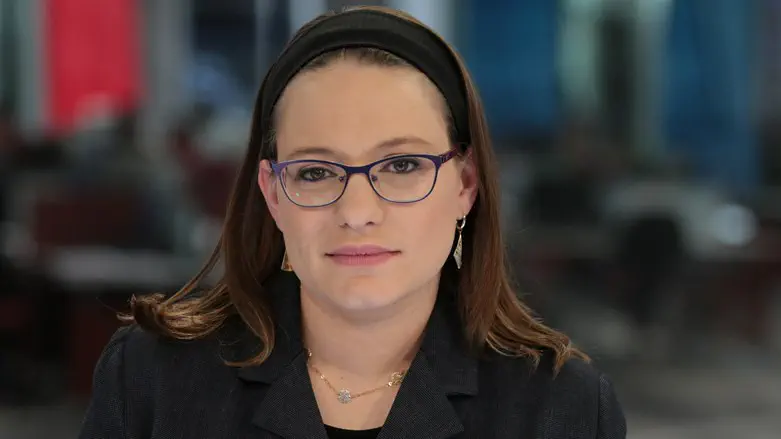
At 2a.m. this morning, Israel moved the clock back one hour to what is called "the winter clock" (standard time) here as is norm every year during the month of Cheshvan.
Rabbi Avraham Yitzchak HaKohen Kook (1865-1935), the first Ashkenazic chief rabbi of pre-state Israel, specified a "key thought" for every month. Regarding the month of Cheshvan, he wrote as follows:
"כשהנשמה מאירה גם שמיים עוטי ערפל מפיקים אור נעים"
"When the soul is aglow, even gloomy skies shine with a pleasant light."
This thought was appropriately written for the month of Cheshvan -- that is, for the beginning of winter.
Suddenly after Tishrei, a month without any holidays arrives. This is a time when skies become greyer and the rains begin. It's a month that may bring with it a little sadness, considering the long and gray routine that lies ahead. But if within us the soul is aglow, writes Rabbi Kook, the outside gloom will disappear.
He teaches us that we do not need to look outside in order to decide how to feel inside. We are meant to experience joy within ourselves. If we look at reality with a happy, shiny disposition, reality will shine back on us in return.
Have a good, blessed, and glowing winter.
--------------------------------
A person who has an inner radiance can find the way to make others glow. Here is an example.
"Shalom Sivan, my name is Chaim Nachman Kowalsky. I am privileged to teach in the Ort Pelech Banim school in Jerusalem. This year the principal, Yossi Hershkovitz, introduced something amazing: an app called "nekuda tova" (good point). Each teacher devotes a few minutes each day to writing good points about several students and the app immediately sends them as a gift -- made more precious with emotive graphics -- to the students and their parents.
It's impossible to describe the positive spirit that this little innovation has brought to the school and how it has influenced the relationships between teachers and students and their parents. Generally, when a school contacts parents, parents ask themselves 'What happened this time?' Now they are made aware in the middle of the day that their child excelled in physics class or helped another student during break. When the student returns home, their parents already know about their good points for that day and we, the teachers, appreciate that we are not only preoccupied with criticism, but with compliments too.
There is a lot of talk about the dangers of shaming and lashon hara (insulting or derogatory speech), but not much discussion about the obligation to increase uplifting speech and positive reinforcement. With this change in emphasis, there would no longer be any room for negative speech. As the Hasidim say: Darkness is not chased away with sticks, but pushed away with a little light."
----------------------------------
Sometimes, however, akin to Noach in yesterday's parasha, each of us must escape from the surrounding floodwaters, from everything that troubles us. Rabbi Shalom Noah Berzovsky explains this necessity in the book "Netivot Shalom" (Paths of Peace):
*"Even when flood waters are raging all around us and everything looks bleak, there is a Noah's ark to save us. When someone feels low and downcast, the best advice is: 'Find yourself an ark.' Each person has a divine spark from which extraordinary powers derive, providing the strength to rise above and navigate the raging waters: This is their Noah’s ark that can save them from the flood.*
*Our generation has three Noah's arks: Torah, Shabbat, and Jewish unity. These are strong forces for good that enable us to prevail over the bad that surrounds us. But this parasha does not belong to any single generation. It is for every generation to study, until the end of time, for whatever the situation may be, including the worst possible scenario, we can always escape to and cleave to what is good."*
And to continue with this thought, Noah's ark can be family, serious study, or any activity that gives us strength and stability when the storm rages all around us. So what's your Noah's ark?